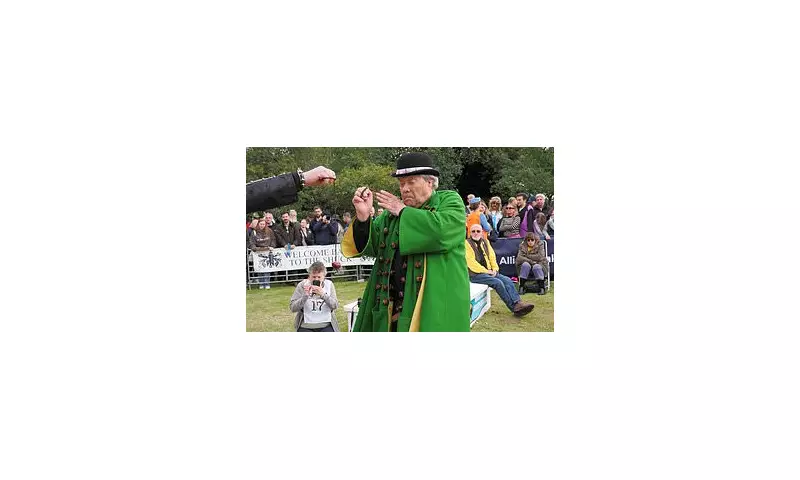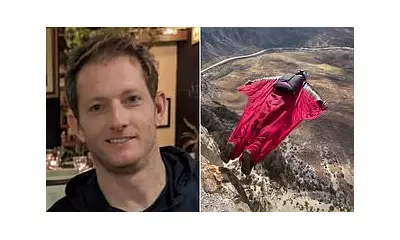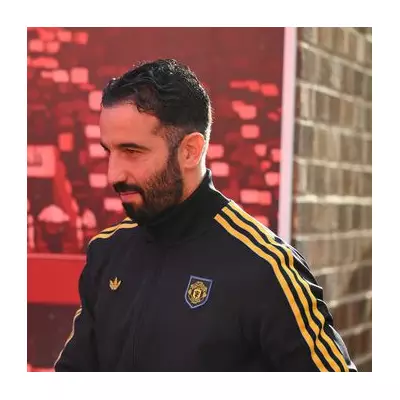
The BBC has come under scrutiny after dispatching an eleven-strong production team to cover this year's World Conker Championships, raising eyebrows about the allocation of licence fee funds for what many consider a quaint village tradition.
The substantial crew descended upon the picturesque village of Southwick in Northamptonshire to deliver a live broadcast of the annual championship, where competitors battle it out using the humble horse chestnut.
A Production of Surprising Scale
Witnesses reported seeing multiple BBC vans and a significant technical setup at the event, complete with camera operators, producers, and support staff. The broadcast team far outnumbered the event's own organisers, creating a noticeable media presence at what has traditionally been a community-focused gathering.
'It seemed rather excessive for conkers,' remarked one local attendee, who noted the professional broadcast equipment and numerous crew members coordinating the live stream.
Tradition Meets Modern Broadcasting
The World Conker Championships, established in 1965, typically draws around 5,000 spectators and 256 competitors to the Northamptonshire countryside. Participants compete for the title of world champion in both men's and women's categories, with the simple rules requiring players to smash their opponent's conker using their own.
This year's event maintained its charitable focus, raising funds for visual impairment charities, continuing a tradition that has seen over £420,000 donated to good causes since its inception.
Questions Over Resource Allocation
The decision to deploy such extensive resources has sparked discussion about the BBC's spending priorities at a time when the corporation faces ongoing scrutiny over its funding model. Critics question whether an eleven-person team represents value for money for licence fee payers, particularly for what remains a niche sporting event.
Defenders of the coverage argue that the championships represent an important part of British cultural heritage worthy of broadcasting, and that professional live streaming requires adequate technical staffing to meet the BBC's quality standards.
The corporation now faces questions about whether this level of investment in relatively small-scale events represents the most efficient use of public broadcasting funds as it navigates an increasingly competitive media landscape.





